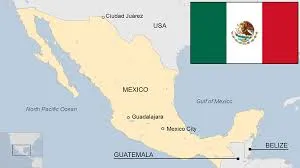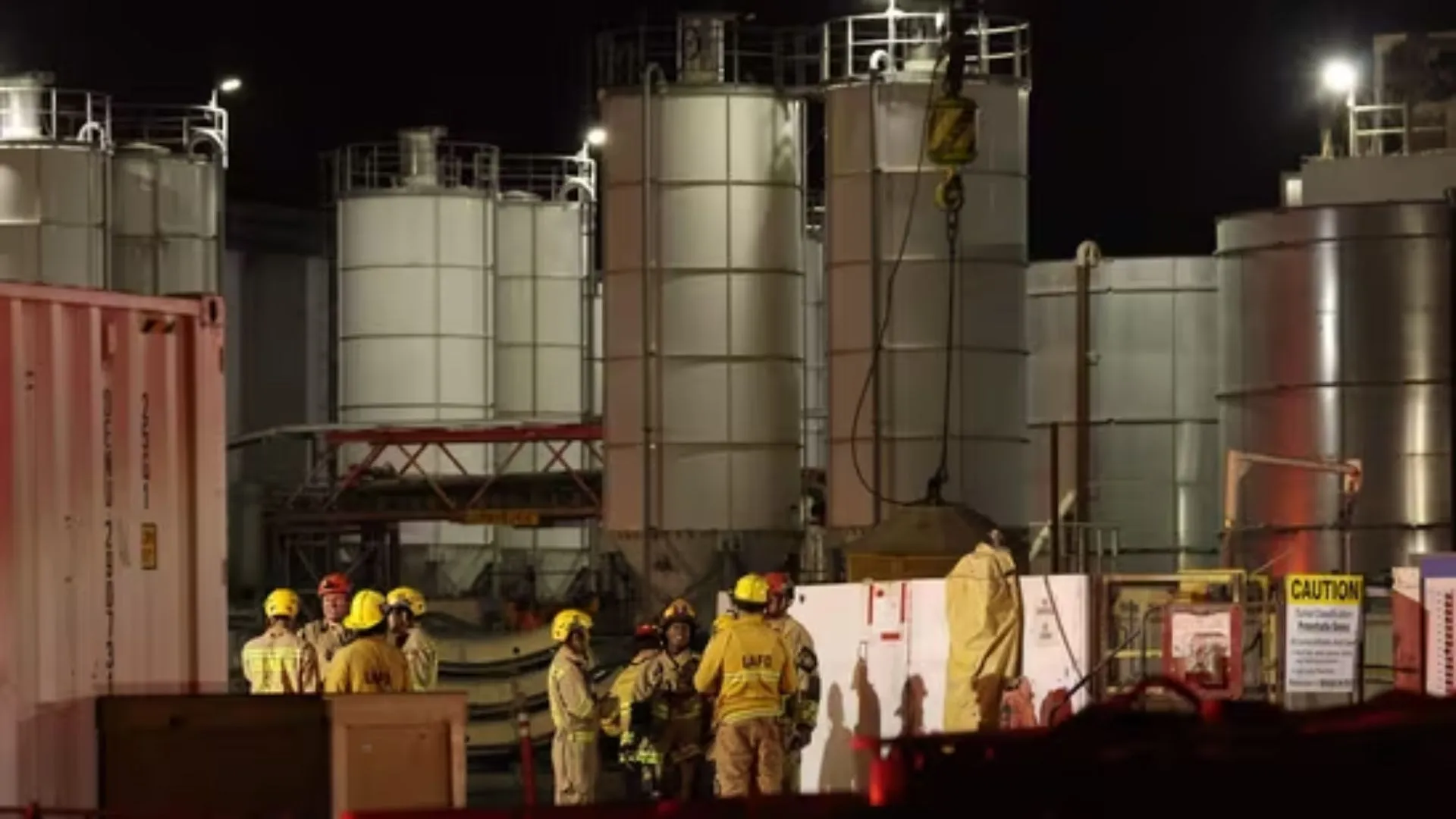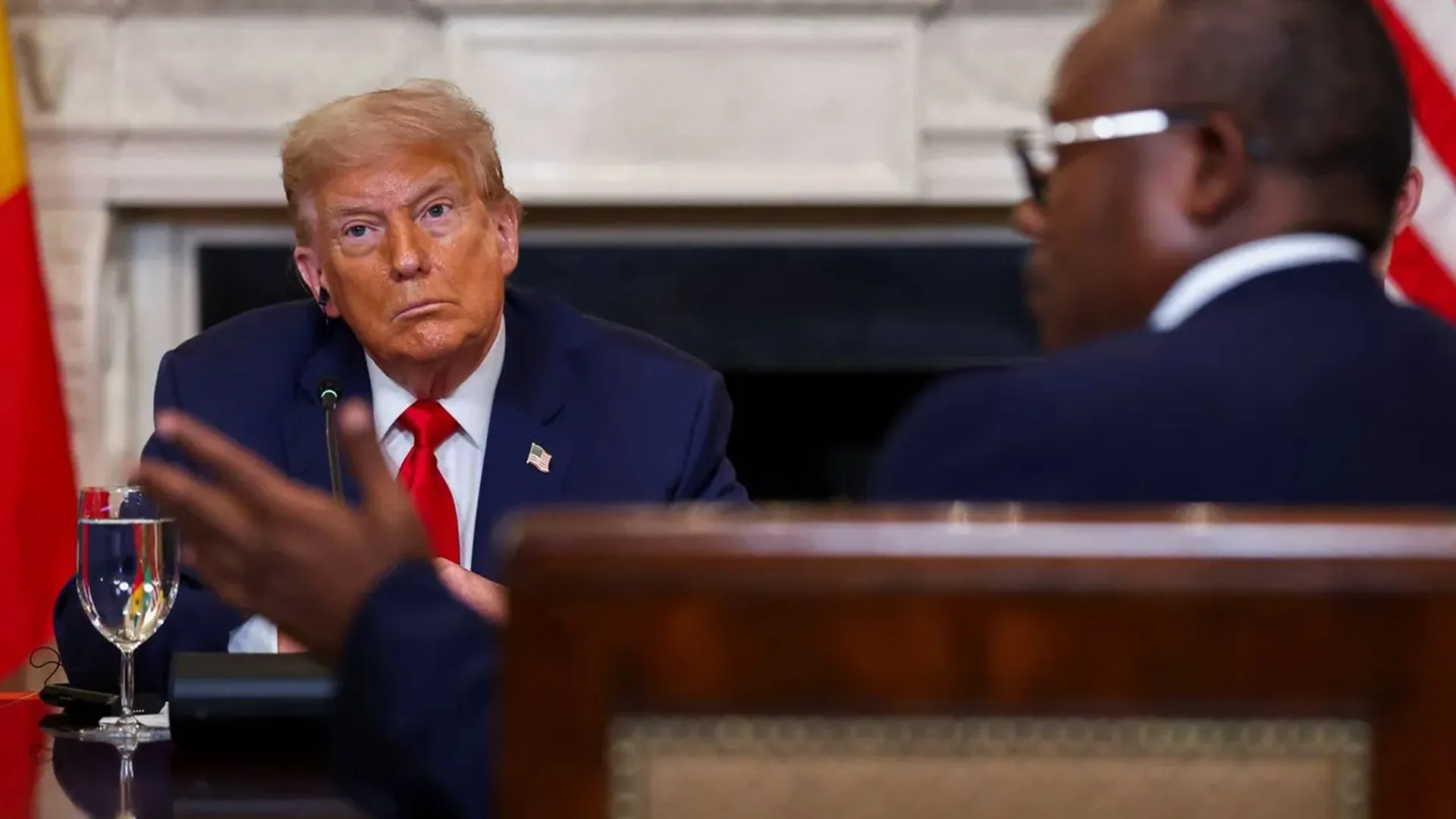In a major diplomatic move, Mexico extradited Rafael Caro Quintero, the notorious drug lord behind the 1985 killing of U.S. DEA agent Enrique “Kiki” Camarena, along with 28 other prisoners to the United States.
The transfer comes as high-level Mexican officials are in Washington negotiating with U.S. President Donald Trump’s administration, which has threatened to impose 25% tariffs on all Mexican imports by March 4.
Cartel Leaders Among Extradited Prisoners
The prisoners sent to the U.S. face charges related to drug trafficking, organized crime, and money laundering. Among them are two notorious leaders of the Los Zetas cartel:
- Miguel Treviño Morales (Z-40)
- Omar Treviño Morales (Z-42)
The Treviño Morales brothers have long been accused of running the cartel’s operations from prison. The U.S. has charged them with criminal organization participation, drug trafficking, firearms offenses, and money laundering.
Diplomatic and Economic Pressure from the US
The extraditions coincide with Mexico’s efforts to ease tensions with the Trump administration, which has demanded a crackdown on drug cartels and border security in exchange for delaying the planned tariffs.
Economists warn that if Trump enforces the 25% tariffs, Mexico’s economy could enter a recession. The latest prisoner handover suggests progress in negotiations.
Caro Quintero’s Criminal Legacy
Once a powerful leader of the Guadalajara Cartel, Caro Quintero was sentenced to 40 years in prison for the 1985 murder of DEA agent Kiki Camarena but was released in 2013 after serving 28 years when a court overturned his conviction.
After his release, he resumed drug trafficking and waged violent turf wars in northern Mexico until his 2022 arrest by Mexican forces. His extradition marks the latest chapter in U.S.-Mexico cooperation against organized crime.
End of a Long Legal Process
The removal of the Treviño Morales brothers concludes a drawn-out process that began after their captures in 2013 and 2015. Former Mexican Attorney General Alejandro Gertz Manero once called the delays “truly shameful.”
Now facing trial in the U.S., these cartel figures could provide crucial intelligence on cross-border drug networks.
What’s Next?
As negotiations between Mexico and the U.S. continue, the extraditions may serve as a strategic move to prevent economic fallout. With the tariff deadline approaching, all eyes remain on Washington and Mexico City.






















